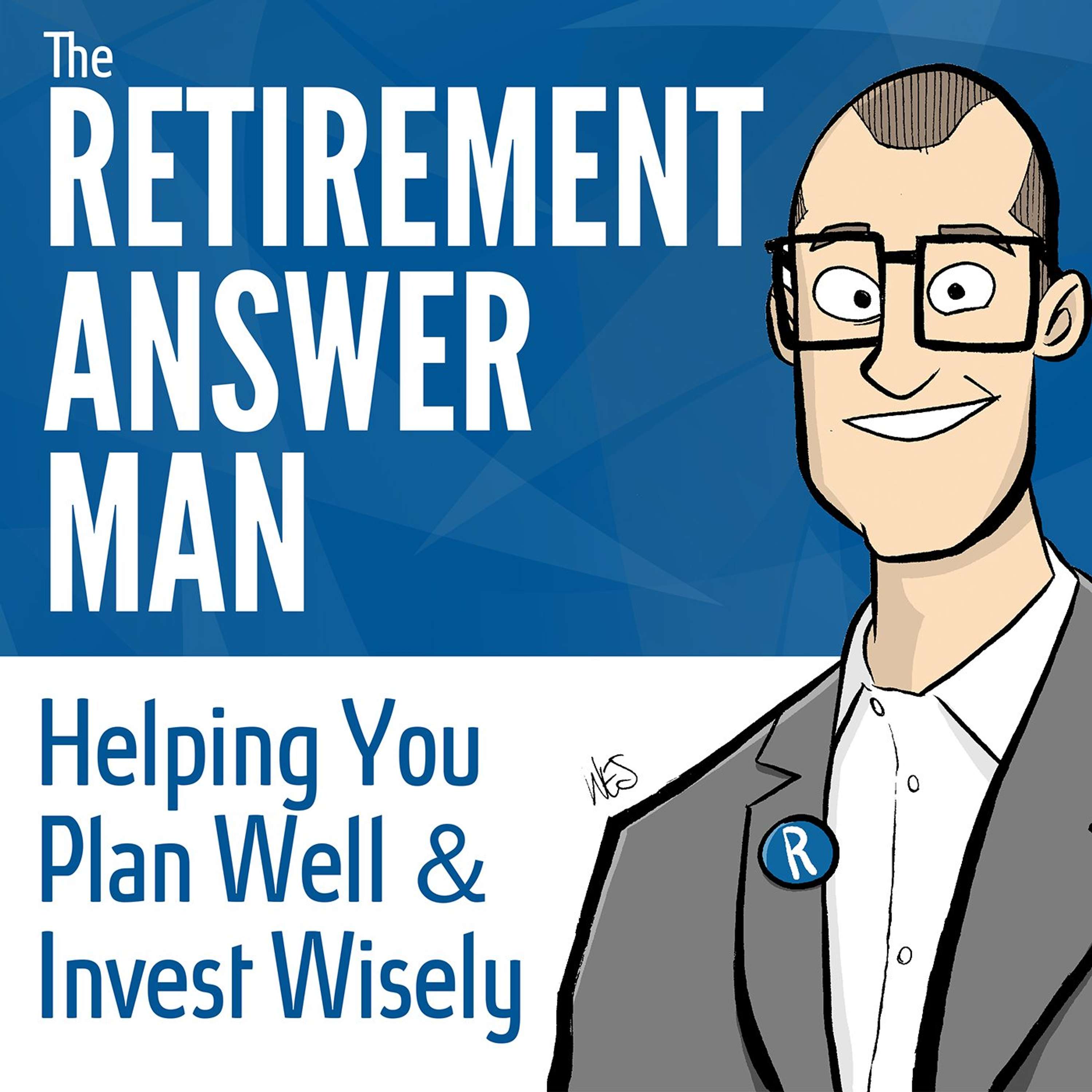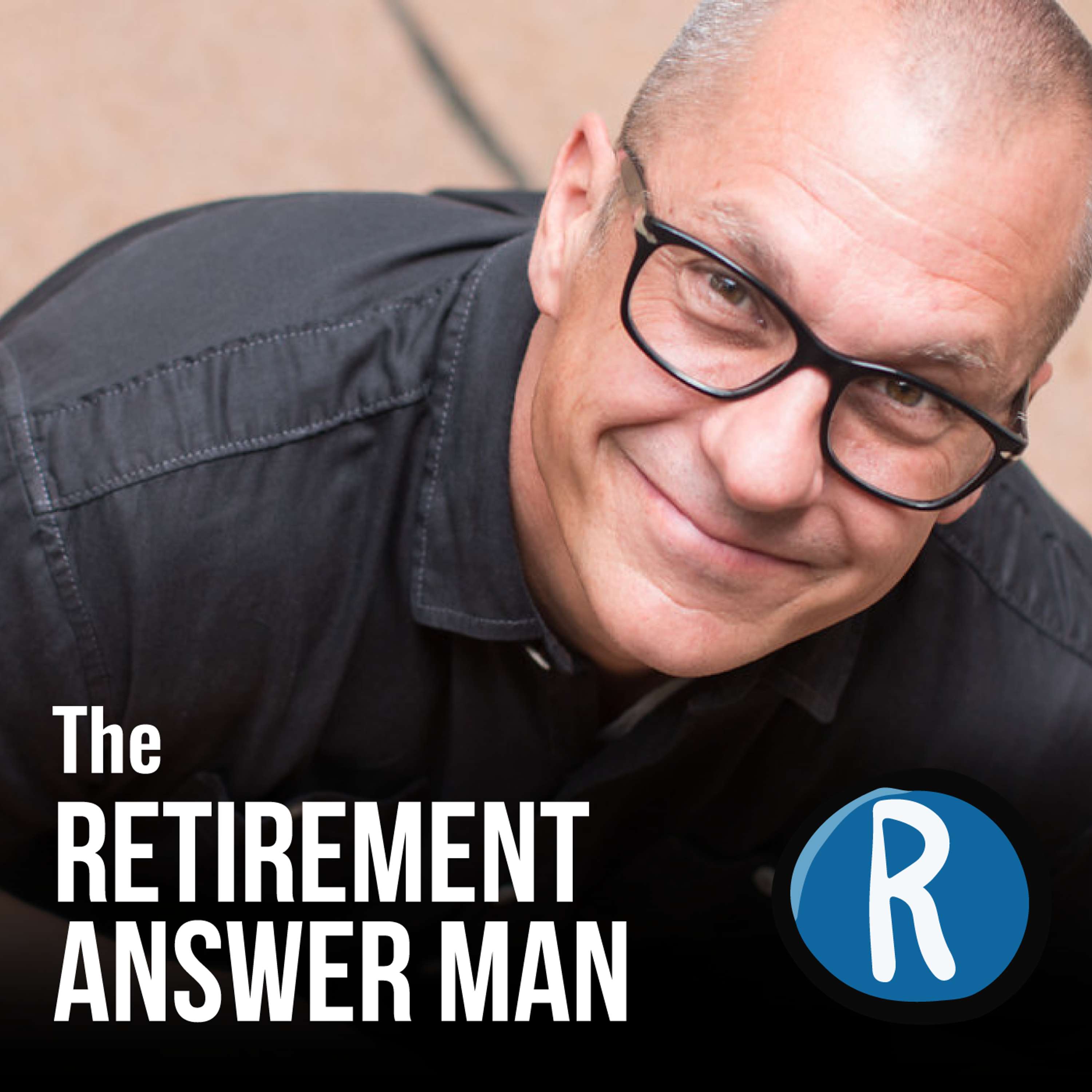
#175 - Market Forecasting: Who Can You Trust To Tell You What to Expect During Retirement?

Retirement Answer Man
Shownotes Transcript
What you base your assumptions on when it comes to market forecasting and retirement planning will determine the course of action you take. Forecasting typically comes from respected “experts” who we all look to for advice, but here’s the problem: None of them are 100% accurate. In fact, even with all their knowledge and experience, they are often way off in what they predict. How can you plan for retirement when you don’t know which market forecast to rely on? That’s the topic of this episode of The Retirement Answer Man. Imagine trying to track your weight when every scale gives you a different number?
I experience this every time I go to my Doctor. The nurse takes me to the scale before I take a seat in the exam room and it almost always shows me to weigh 8 to 10 pounds heavier than my scale at home. Naturally, I wonder: “Which scale is right?” To me, that’s the same thing we all experience when it comes to looking at the market forecasts the experts make. They all tell us something different is going to happen. Sometimes the differences are negligible, but other times they are huge. Who should we trust? I don’t think we can fully trust any of them, and on this episode, I tell you why - and what I do instead. Assumptions about investment returns are one of the ways market forecasting goes awry.
Every market forecaster has to make assumptions. It’s the only way they can have any sense of continuity to their predictions that are tied to reality. But notice, their predictions are only TIED to reality, they’re not reality itself. In order for a market forecast to be reality itself, we’d have to have a crystal ball that could tell us exactly how investments are going to perform in the future, and none of us has that kind of foresight. But there are ways you can use the historic data to inform predictions that don't require you to follow a given expert in lock-step. Find out how on this episode of The Retirement Answer Man. Are your investment decisions for retirement tied to your lifestyle goals? They should be.
One of the things that happen when using return assumptions to plan for retirement is that our fear of pessimism prompts us to make decisions based on those assumptions (whether accurate or inaccurate) instead of on what really matters: the type of lifestyle you want to have during retirement - and what is needed to provide it. It’s a nuance you’ll have to have explained a bit more in order to understand, but you’re in luck! That’s what I address on this episode of the podcast, so I hope you take the time to listen. How much of your investment portfolio is based on market guesses?
I know that's an odd question, but it’s one that reveals a lot about how you’ve approached investing up to this point. If you’re making investment decisions based on what you or some expert THINKS is going to happen, you’re simply guessing. Yes, it may be an educated guess, but it’s a guess nonetheless. What’s the alternative? This episode of the Retirement Answer Man is an introduction to a more agile way of retirement planning that I believe you’ll find helpful. Be sure to listen. OUTLINE OF THIS EPISODE OF THE RETIREMENT ANSWER MAN
- [0:30] The thing I don’t like most about going to the Doctor: weighing myself.
- [3:41] The benefit of one consistent source of data when it comes to asset allocation.
HOT TOPIC SEGMENT
- [5:30] How forecasters view the art of forecasting markets (not like you might think).
PRACTICAL PLANNING SEGMENT
- [8:49] The wrinkles that come into play using investment return assumptions for retirement.
- [11:07] What return assumptions should you use in retirement planning?
- [14:48] A look at the results of some of the more respected market forecasters.
- [20:34] How I approach retirement planning in light of market forecasting.
- [22:16] Why my approach doesn’t solve the problem, but does help make better decisions.
TODAY’S SMART SPRINT SEGMENT
- [23:00] Your 7 day goal: Identify the parts of your portfolio that are based on market guesses.
THE HAPPY LAB SEGMENT
- [23:46] Games I learned to play at my friend Joe’s house. Maybe some of these can put a little enjoyment into your life.
RESOURCES MENTIONED IN THIS EPISODE Stacking Benjamins Podcast)Games I learned at Joe’s place:
Contact Roger: http://www.rogerwhitney.com/retirementanswers/)
Roger’s retirement learning center: www.RogerWhitney.com/learn)
The Retirement Answer Man Facebook page: www.Facebook.com/RetirementAnswerMan) TWEETS YOU CAN USE TO SPREAD THE WORD
#MarketForecasting: Who Can You Trust To Tell You What to Expect During #Retirement?
Imagine trying to track your #weight when every scale gives you a different number?
Assumptions about #investmentreturns are one of the ways #MarketForecasting goes awry
Are your #investment decisions for #retirement tied to your #lifestyle #goals? They should be
How much of your #investment #portfolio is based on #market guesses?